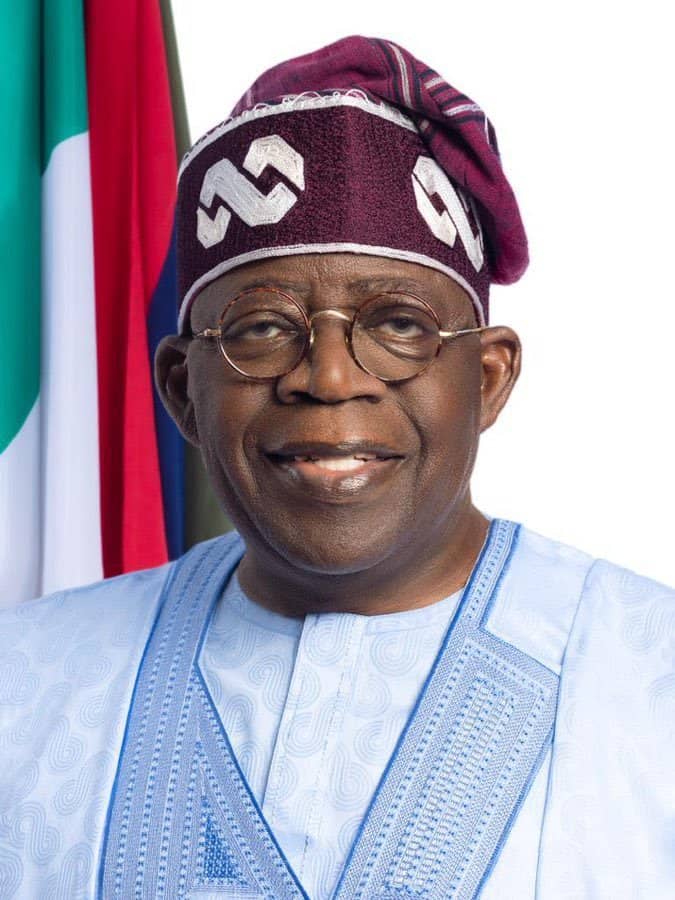…As Foreign investors, govt divest from banks***
Revenue disbursements by the Federation Account Allocation Committee to the three tiers of the government hit N6.226tn in the third quarter of 2018.
There has been a steady increase in the first three quarters of this year with N2.28tn shared in the third quarter of 2018.
A breakdown shows that the Federal Government received the highest sum of N904.8b, followed by states, which received N718.5bn and Local Governments Areas receiving the lowest disbursement of N432.1bn.
The information is contained in the latest edition of the Nigeria Extractive Industry Transparency Initiative Quarterly Review released in Abuja on Sunday.
NEITI said, “Total FAAC disbursements in the third quarter of 2018 amounted to N2.28tn, representing a 17.6 per cent increase over the N1.938tn disbursed in the first quarter of 2018 and 13.5 per cent higher than the N2.008tn disbursed in the second quarter.”
The report added, “It is interesting that with the exception of July, the lowest amount disbursed so far in 2018 is higher than disbursements in all other months in 2016 and 2017.”
A breakdown of the disbursed sums for 2016, 2017 and 2018 showed that the disbursements in the third quarter of 2018 (N2.28tn) were 31 per cent and 18 per cent higher than disbursements in the third quarters of the last two years.
NEITI also stated that the last time total disbursements exceeded the N2.5tn mark was in the second quarter of 2014 (N2.51tn).
Further analysis of the increase as reported by the NEITI Quarterly Review showed that the Federal Government’s receipt of N904.8bn in the third quarter of 2018 was 11.3 per cent and 7.8 per cent higher than the amounts received in the first (N812.8bn) and second (N839.5bn) quarters respectively.
NEITI said, “The amount disbursed to states represented an increase of 5.1 per cent over the N683.5bn disbursed in the first quarter, and an increase of 3.8 per cent over the N692.1bn disbursed in the second quarter.
“For LGAs, the amount received was 9.8 per cent and 7.5 per cent higher than the respective amounts of N393.4bn and N402.1bn received in the first and second quarters.”
In the meantime, the Nigeria Deposit Insurance Corporation (NDIC) has released the ownership structure of all banks operating in Nigeria.
The report, contained in the corporation’s annual report, showed that foreign investors and government are divesting from Nigerian lenders, as private sector operators gain control of the sector.
“In comparison to the previous year, there was a slight change in the ownership structure of banks.
The private sector continues to dominate the ownership of Nigerian banks while government continues to divest from banks in line with requirements of Code of Corporate Governance for banks and discount houses.
“Government shareholding was below 10 per cent in all the banks except Jaiz Bank plc,” the corporation said in its 2017 annual report obtained at the weekend.
The report shows that 15 banks out of the 26 lenders had partial or full foreign ownership in 2017, with five banks having substantial foreign ownership above 50 per cent. The banks in this category are Citibank, 81.9 per cent; Ecobank 100 per cent; Rand Merchant Bank, 100 per cent; Standard Chartered Bank, 99.99 per cent, Sterling Bank, 36.94 per cent and Union Bank Plc 86.80 per cent. For Citibank, 18.1 per cent of its ownership rests on Nigerians; Union Bank has 13.20 per cent Nigerian onwership.
However, Access Bank has 91.14 per cent Nigerian ownership, 0.07 per cent government ownership and 8.79 per cent foreign ownership. Coronation Merchant Bank has 100 per cent Nigerian ownership and so are Fidelity Bank, First City Monument Bank, First Bank of Nigeria Limited, FBN Merchant Bank, SunTrust Bank and Guaranty Trust Bank plc.
Other lenders with 100 per cent Nigerian ownership include Heritage Banking Company Limited, Keystone Bank Limited, Wema Bank Plc and Providus Bank Limited.
Sterling Bank’s 62.94 per cent ownership rests on Nigerians with 0.12 per cent government ownership, and the rest foreign ownership.
United Bank for Africa has one per cent government ownership, 22 per cent foreign ownership and 77 per cent Nigerian ownership.
Unity Bank plc has 91.65 per cent Nigerian ownership, 8.34 per cent government ownership and 0.01 per cent foreign ownership.
Zenith Bank plc has 97.46 per cent Nigerian ownership, 2.49 per cent government ownership and 0.05 per cent foreign ownership.
Further analysis of the report showed that only a few commercial banks controlled the assets of the banking industry. The top five banks had assets of N17.68 trillion, representing 54.32 per cent of the industry total assets of N32.54 trillion.
That proportion was however, higher than the 53.68 per cent recorded by the top five banks in 2016.
Also, the total assets of the top 10 banks marginally increased from N23.34 trillion in 2016 to N25.23 trillion IN 2017 while its proportion relative to the industry total assets increased from 77.40 per cent in 2016 to 77.52 per cent in 2017, the report said.
Punch with additional report from The Nation




















